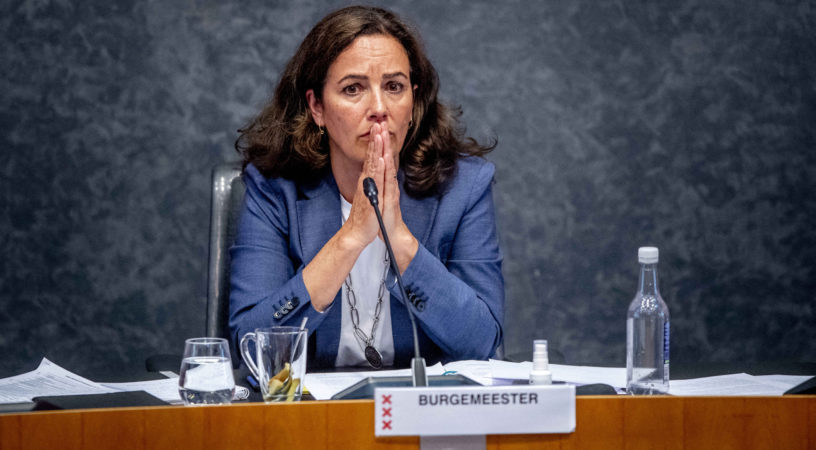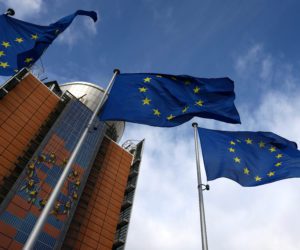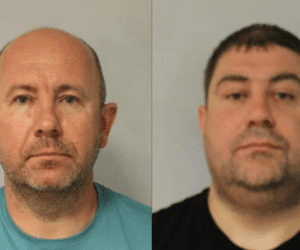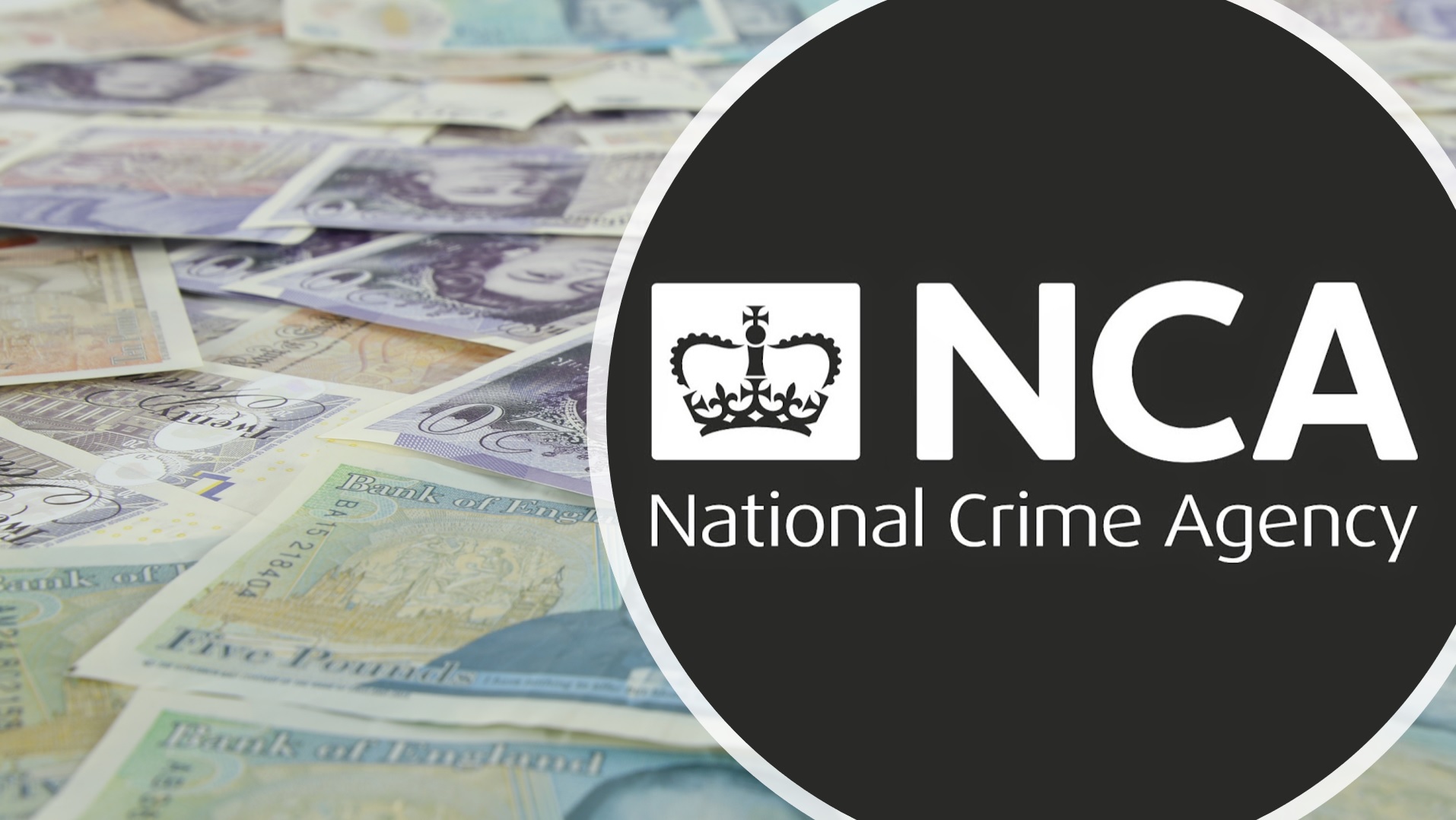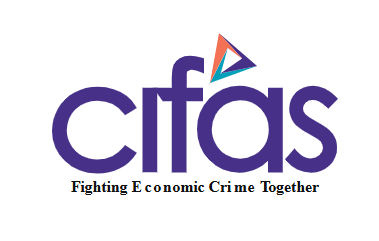By ALISHA HOULIHAN for AML Intelligence
THE Mayor of Amsterdam, Femke Halsema has issued a dire warning about the escalating drug crisis in the Netherlands – saying the country was at risk of turning into a narco-state.
“Without a fundamental change of course, the Netherlands is in danger of becoming a narco-state,” she warned.
In a call to action the Mayor, renowned for her progressive views, called attention to the significant shift in the country’s drug landscape and urged a fundamental change in the approach to drug policy.
“If it continues on this current path, our economy will be inundated with criminal money, and violence will reach an all-time high,” she wrote. .
“This leads to social disruption, the deterioration of neighborhoods, generations of vulnerable young people who will be lured into crime, and the undermining of the rule of law.
She noted that the Netherlands had historically been known for its lenient approach to drug policy, emphasizing harm reduction for drug users. However, she highlighted that the globalized illegal drug trade had evolved into a lucrative and ruthlessly violent industry, with devastating consequences for the country.
In the opinion piece published in the Guardian today, Halsema cited statistics indicating that the port of Rotterdam, Europe’s largest, had transformed into a global cocaine transit hub, leading to record seizures of the drug.
She mayor argued that despite increased efforts by Dutch authorities to combat drug trafficking, these figures illustrated the gravity of the situation, describing the current approach as “mopping with the tap running.”
One particularly troubling trend she highlighted was the involvement of children as young as 14 in the drug trade, serving as “cocaine collectors.” Alongside the increasing violence associated with drug trafficking, she pointed to the murder of key figures involved in criminal cases against international drug syndicates.
Moreover, Amsterdam, as a global financial hub, now plays a central role in determining drug demand and serving as a marketplace for drug lords to launder their money. This infiltration of criminal money threatens the legal economy, especially in sectors such as real estate, business services, and hospitality.
While acknowledging that the Netherlands had made efforts to align with global drug prohibition trends, Halsema emphasized the need for a global shift in the approach to drug policy. She called for a reconsideration of international treaties that prohibit drugs and advocated for health-centric drug policies rather than punitive measures.
The Mayor provided examples of harm-reduction policies and drug regulation initiatives in countries like the Netherlands, Switzerland, and Uruguay as potential alternatives to the war on drugs.
She acknowledged that none of these solutions were quick fixes and that criminal organizations might react with violence. However, she stressed the urgency of taking action to safeguard the future of young people, the quality of life, economic stability, and the rule of law.
Mayor Halsema’s article has ignited a debate on drug policy both within the Netherlands and on the international stage, as experts and policymakers grapple with finding effective alternatives to the current approach.
Former FATF executive secretary David Lewis said the mayor had raised an “important debate not had enough because it’s too difficult politically.”
He said fighting financial crime needed to focus more on reducing harm than on protecting the integrity of the financial system.
“Our approach to AML has resulted in a culture of fear where government ministers act on money laundering to avoid their country being listed and de-risked, and banks act to avoid being fined. We’ve lost sight of the problems we’re trying to address, many of which we are reminded of here. This has resulted in a focus on compliance over action. We will be more effective if we agree on and focus on the real problem,” said Lewis, now a senior executive with Kroll.
“This is what the FATF was created to do, to ‘Provide a decisive contribution to the fight against criminal activities, and, above all against drug trafficking,’” he added.
Share this on:
Follow us on:

